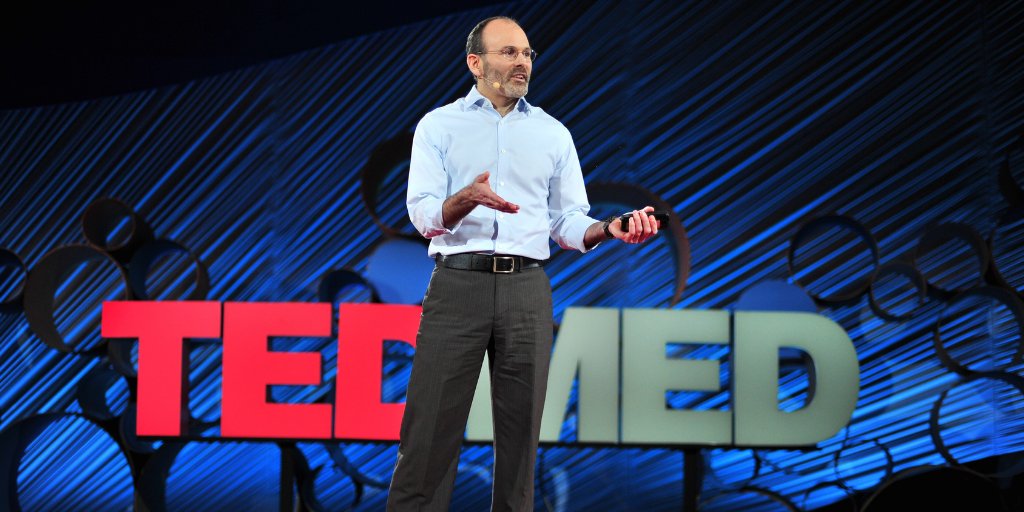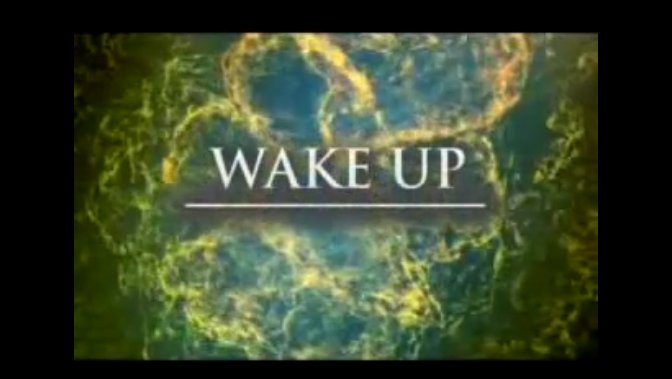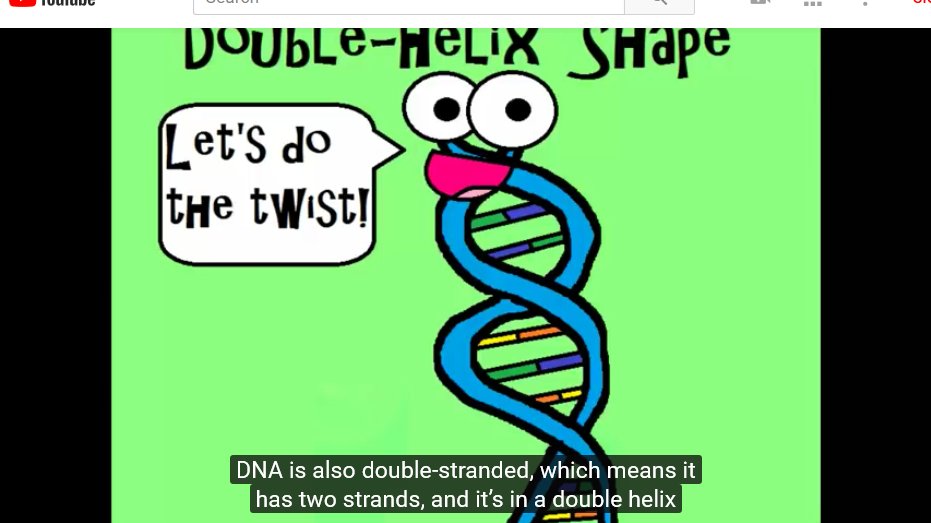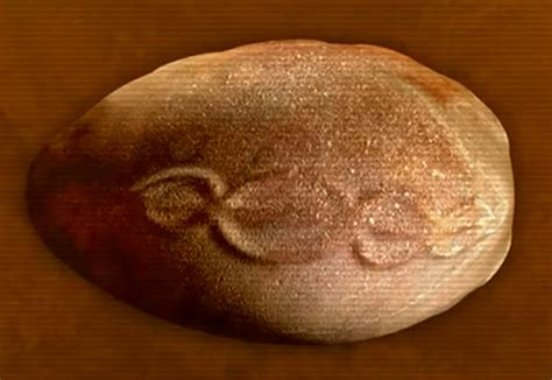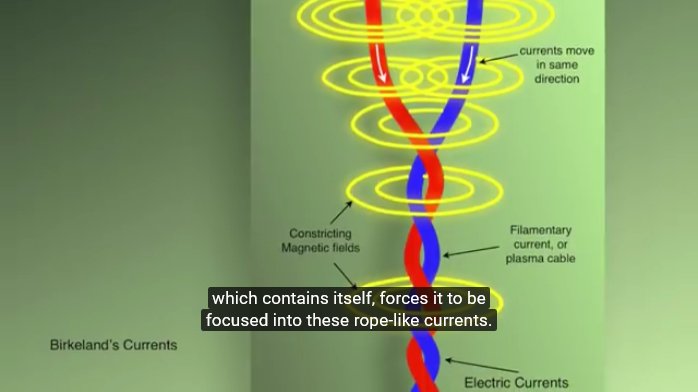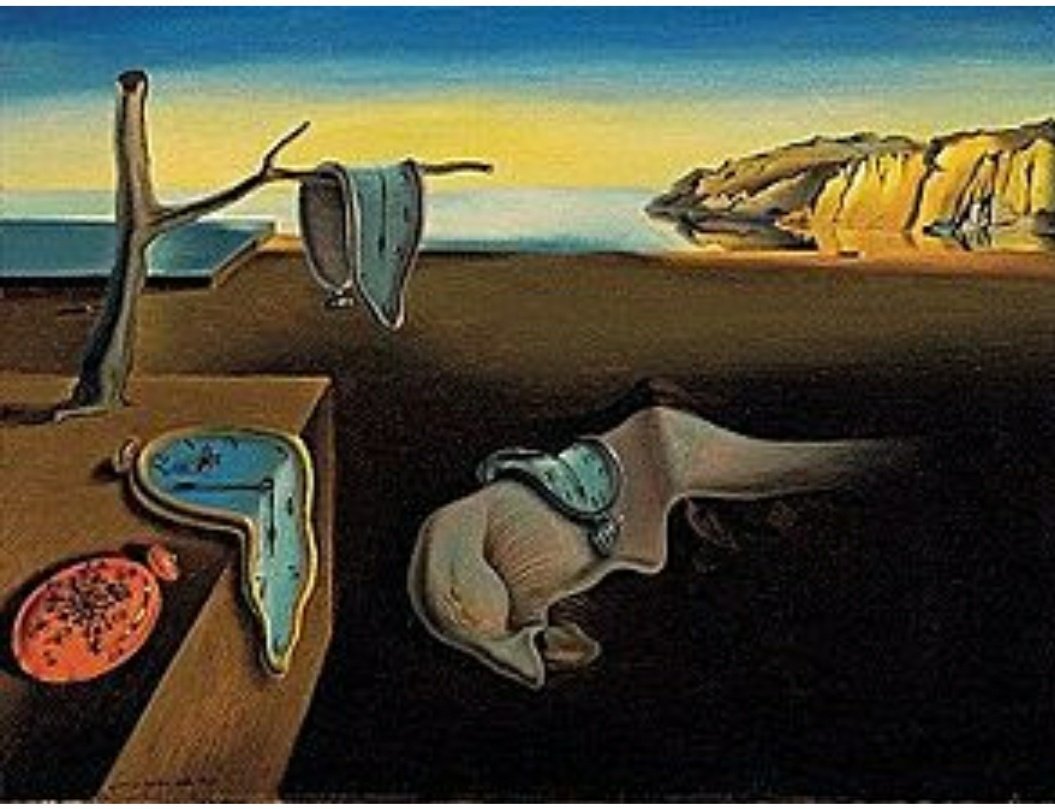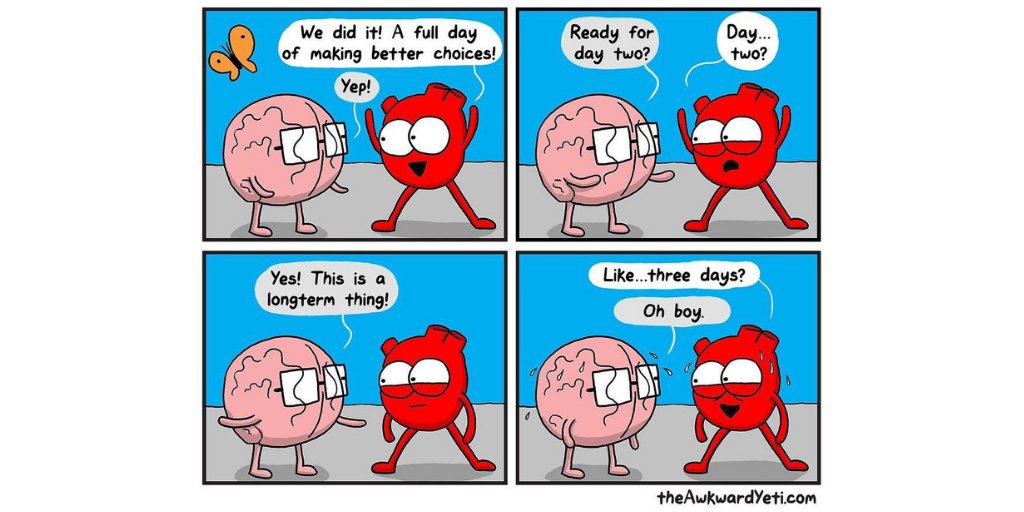
For years you’ve been told that willpower is the 🔑 to breaking bad habits… but what if I told you that science says otherwise?
In a study done by the @APA in 2012, respondents reported typical health-related goals:
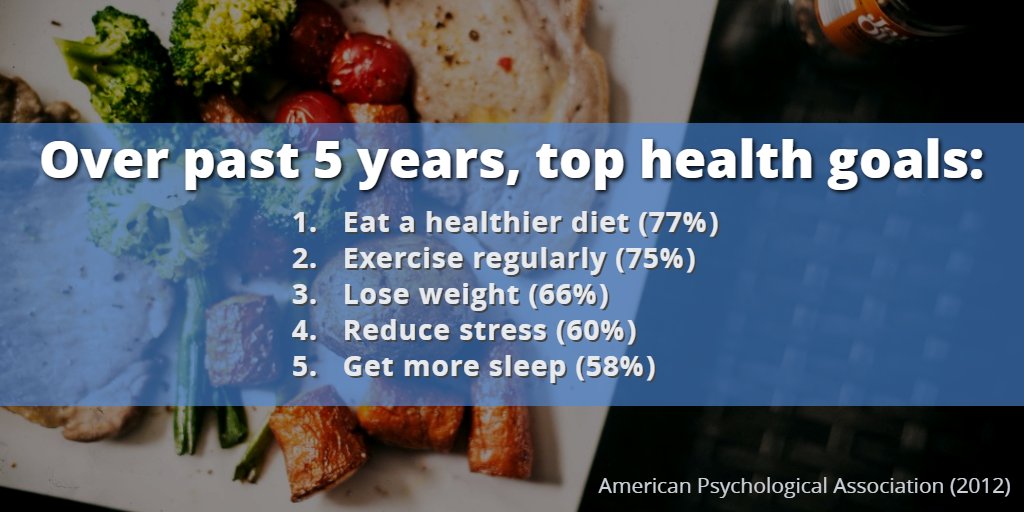
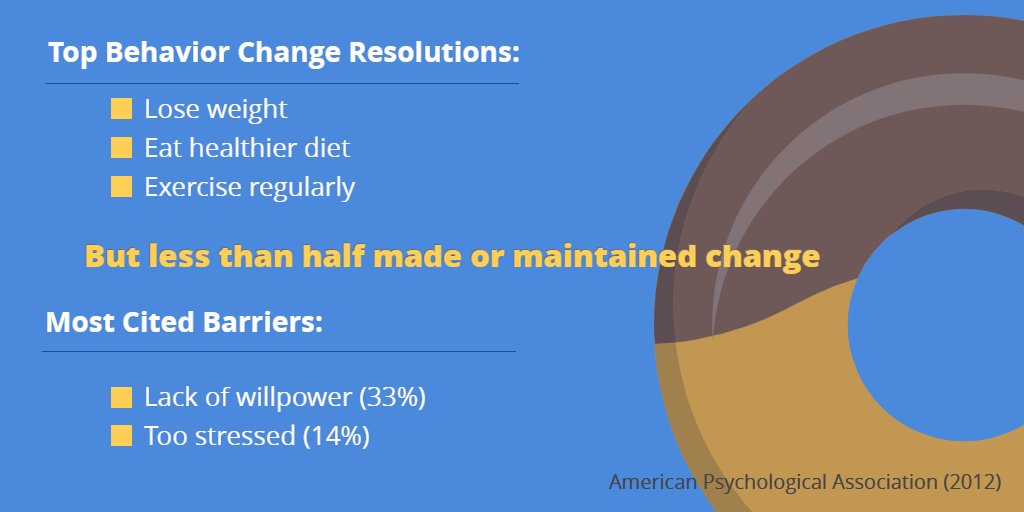
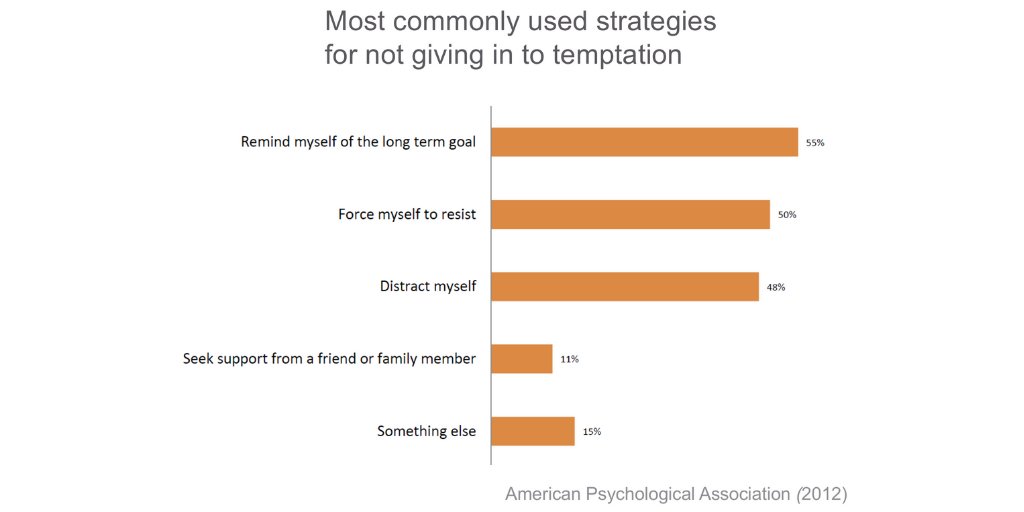
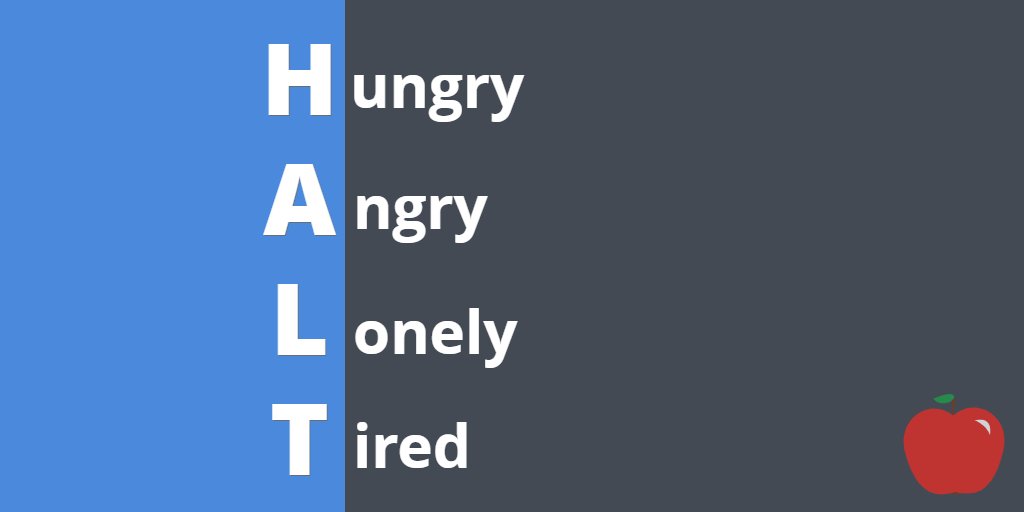
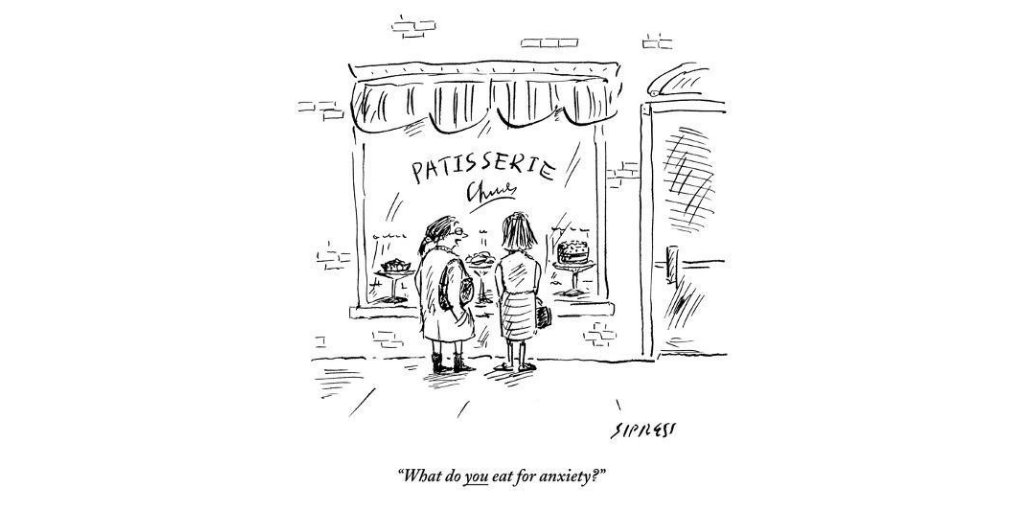
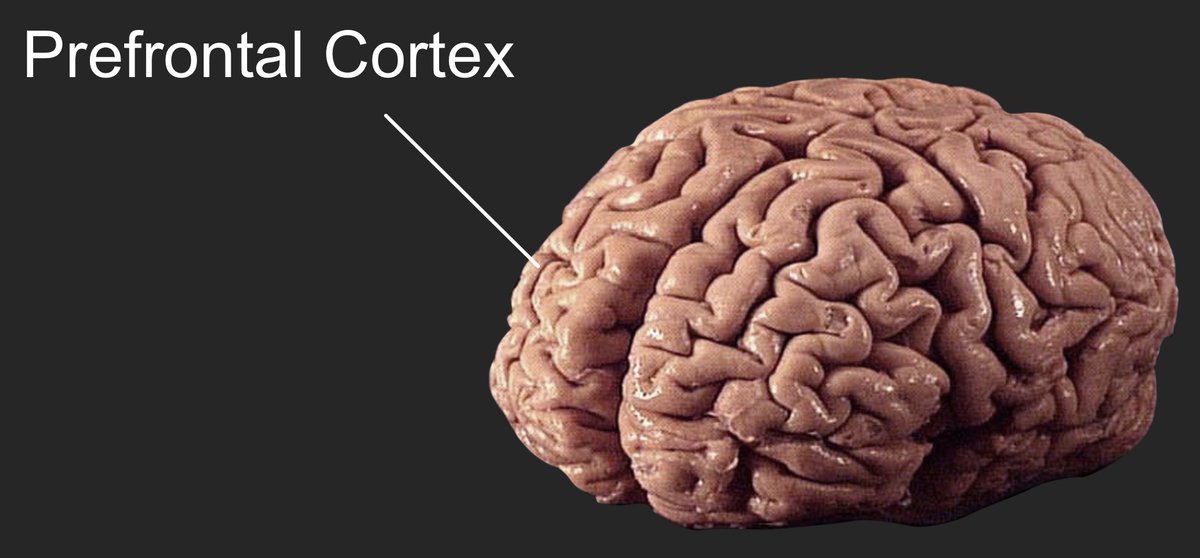

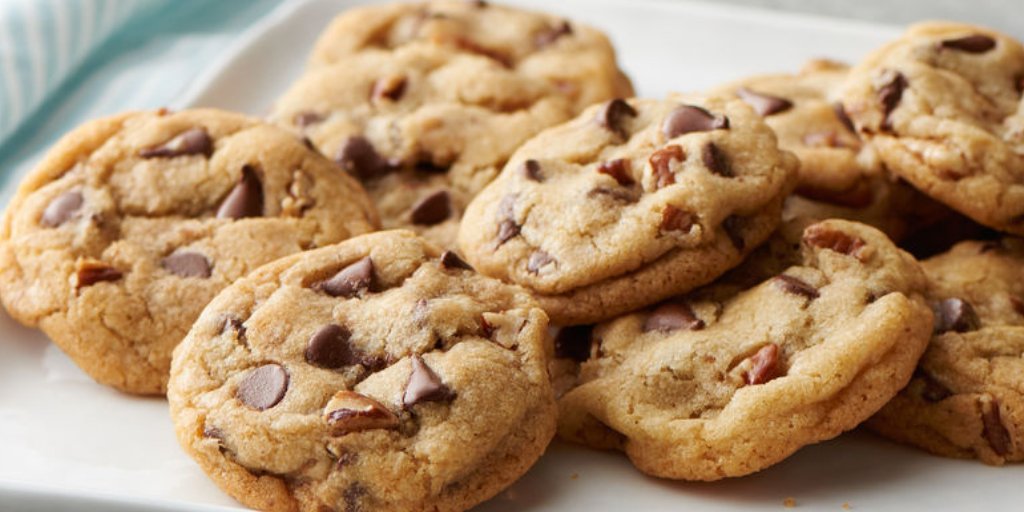
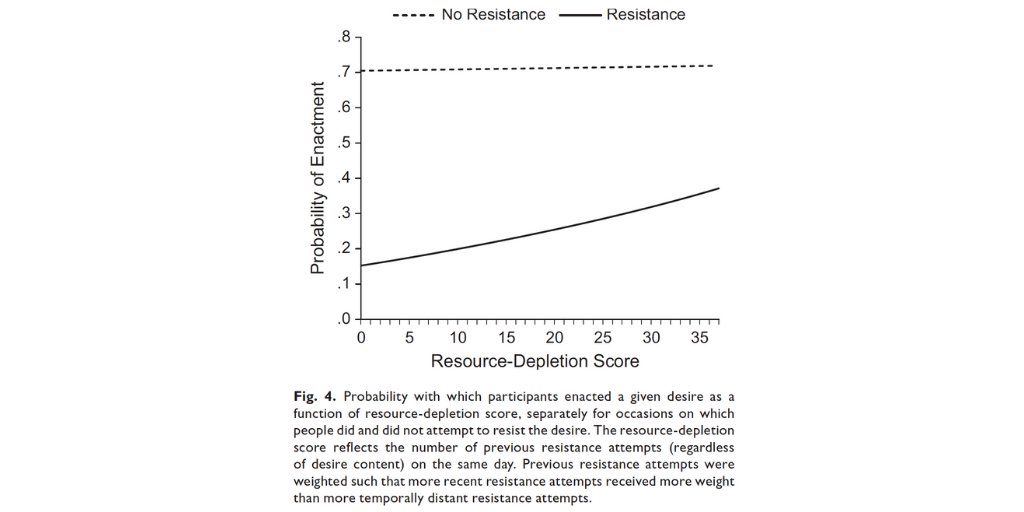
-Most people fail at health goals, reporting willpower failure
-Stress makes our brain’s willpower hub go offline
-PFC paradox: suppressing thoughts = more craving
-The more we resist temptation, the more it persists
-Willpower is exhausting
DON’T: Blame the victim. They’ll feel worse (and were using a well-meaning but flawed strategy).
DO: Give stress-reduction resources (e.g., mindfulness) to help keep the PFC online.
-My website: buff.ly/2BJG1yE
-10-min @TEDTalks video on using curiosity to break bad habits: buff.ly/2Ggor7i
-@MindfulBrown @BrownUniversity: buff.ly/2Q4VP5h
Thanks for following along!
